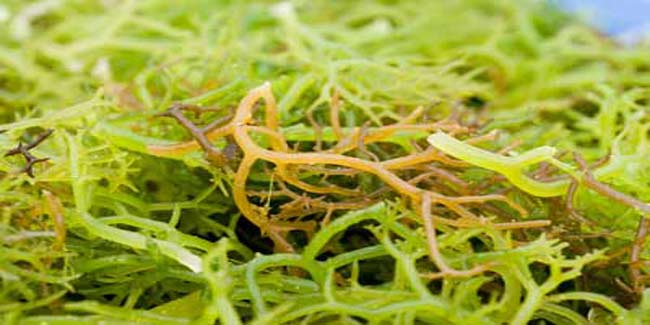
What do you do when you are trying to follow a healthy balanced diet or just want to choose foods with healthy ingredients? You rely largely on the food labels. However, little has been done and even little has changed about the deceiving labels on the food items. Since the food labels are so wisely presented by the manufacturers, it is not easy to figure out the list of ingredients in a food item and the exact amount of each ingredient.
Labels were supposed to help people know what’s inside a particular food item. But, this doesn’t seem to be happening. While the government and the concerned people fix those food labels, here is a short list of ingredients that almost every nutritionist avoids in his/her food. Here are some of them.
Table of Content:-

Caramel Colour
It is unlikely that you haven’t had caramel colour, as the list of food items that include caramel colour is endless. Caramel colouring is usually derived from a variety of source products that are common allergens, such as starch hydrolysates, malt syrup or lactose. Until the food ingredient is proven completely safe and healthy, it is best to avoid it.

Sugar
Well, you already know why one should minimize the daily intake of sugar. It increases your risk of diabetes and daily calorie intake. Nutritionists believe that if a food item has sugar in its main ingredients, people should be concerned and not buy the food, if possible.

Artificial Sweeteners
Although artificial sweeteners contain hardly any calories the processed sweeteners have been linked to increased risk of type 2 diabetes and caloric intake throughout the day. Artificial sweeteners and other sugar substitutes are several times sweeter than natural sugar that makes you crave for more. As nutritionists recommend, it is wise to minimize the intake of artificial sweeteners.

Trans Fats
Trans fats are artificial unsaturated fats that are added to packaged or processed foods to increase their shelf life. However, trans fats have been linked to increased risk of heart diseases.

Monosodium Glutamate (MSG)
Sodium is needed only in scarce amounts and more than required amount of sodium can be harmful to the health. MSG is one of the few ingredients that are on the higher side of sodium.

High-Fructose Corn Syrup
High-fructose corn syrup adds a lot of added sugars to any food item. HFCS is commonly found in sodas, sugary drinks, multigrain bread, muffins, ketchup, and salad dressings. Just like artificial sweeteners, avoid this one too.
Carrageenan
It's widely used as a thickener in desserts, creams, diet sodas, dairy and milk products. There are concerns that it may have certain side-effects on your healthy including gastrointestinal effects and even cancer. Considering that the benefits of carrageenan have not yet been established, nutritionists don’t want to take risks with the ingredient. They just avoid it.
How we keep this article up to date:
We work with experts and keep a close eye on the latest in health and wellness. Whenever there is a new research or helpful information, we update our articles with accurate and useful advice.
Current Version